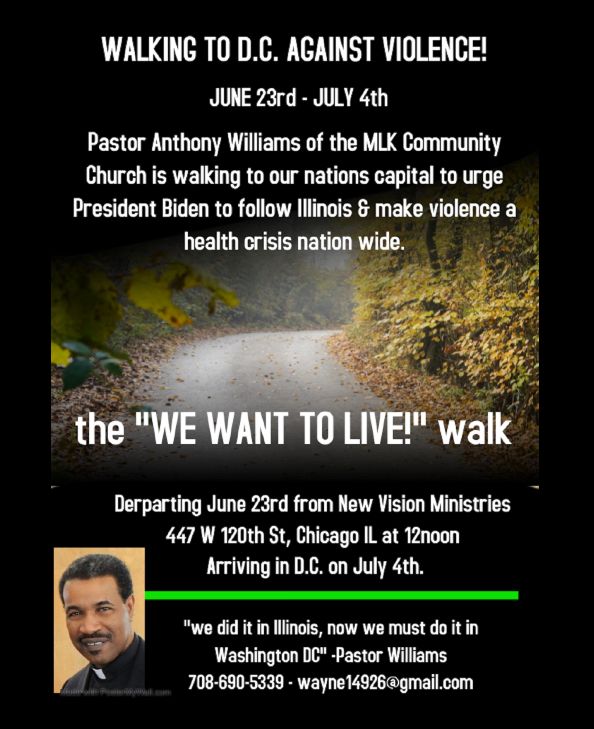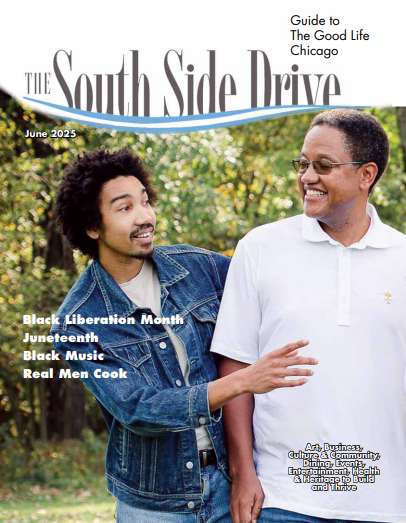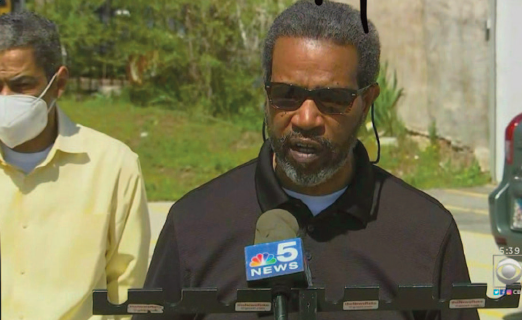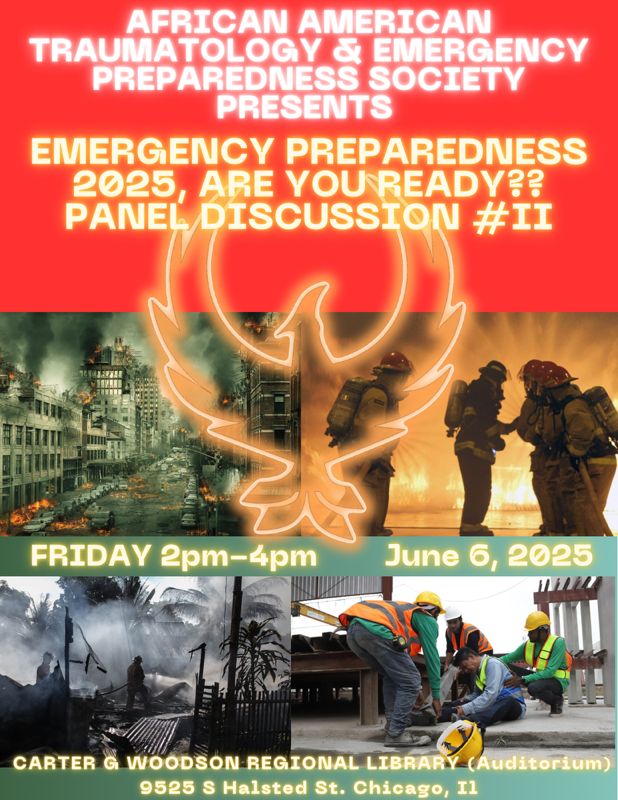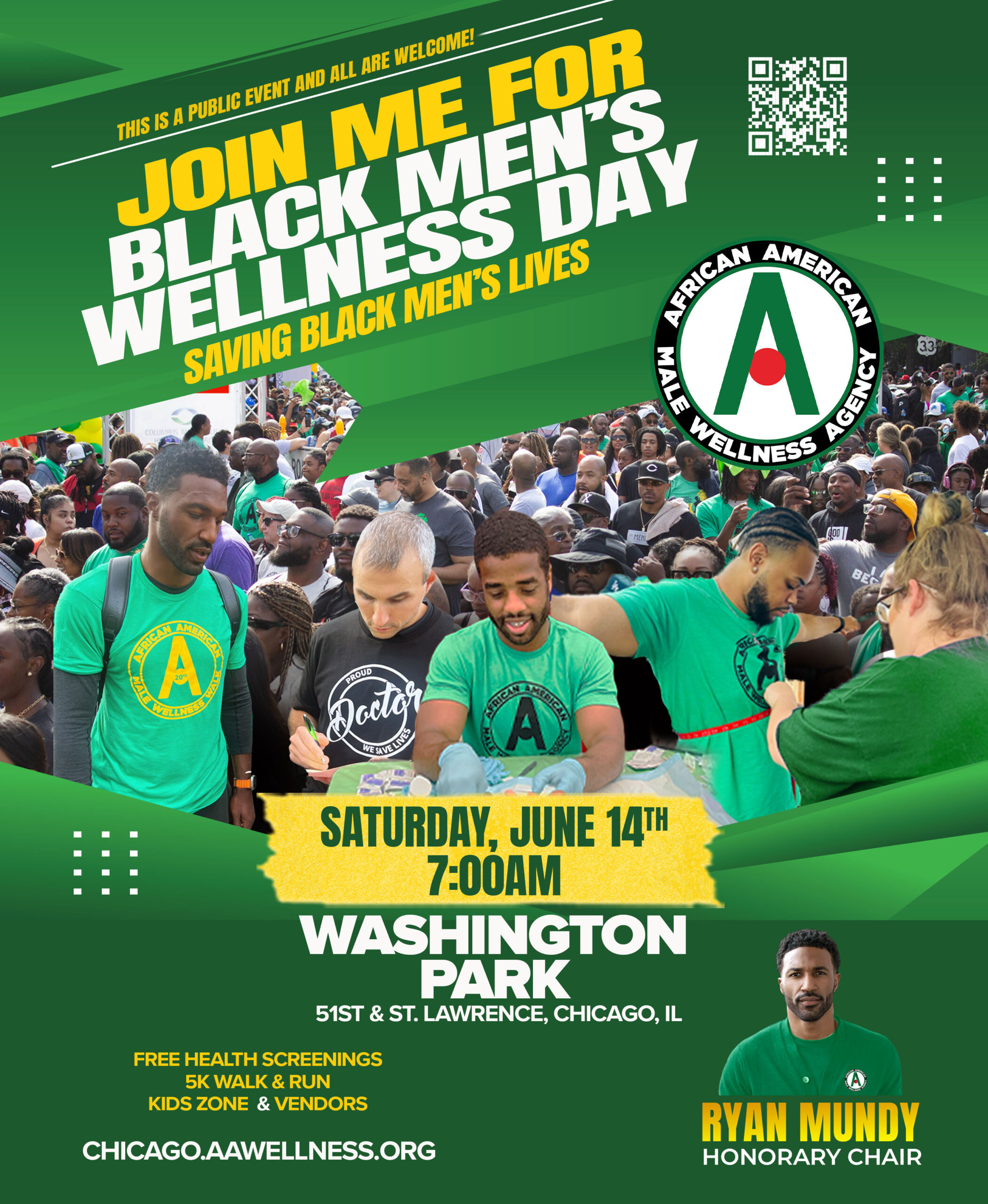When Governor J.B. Pritzker signed Illinois House Bill 158, it was a victory for citizens of the state of Illinois. The 200-page bill, crafted by the Illinois Legislative Black Caucus, and sponsored by State Senator Michael Simmons is historic, not only in what it does – declaring violence as a public health crisis – but in how it came about. This groundbreaking bill wasn’t initiated by any government body, or any state representative or state senator. It all began with the persistence, the perseverance, and the willingness to get it done no matter what of one man. Reverend Anthony Williams.
Reverend Anthony Williams, Pastor of the First Congregational Church of Berwyn, has been crusading against violence in our communities for a long time. He began the crusade eighteen years ago, in 1999, to have a hearing on violence. But when his son, Nehemiah Williams, was killed three years ago, suddenly the stakes went up. He couldn’t wait any longer. “I turned my pain into policy,” Pastor Williams said. “I don’t want another parent to lose their child to violence; it’s an unbearable pain,”
But Pastor Williams didn’t march, he didn’t protest. In his words, “Marching down the expressway doesn’t stop violence.” Pastor Williams knows how government works and he knows how to work government. “I went to State Representative Ford (LaShawn Ford, District 6), I went to State Representative Hernandez (Elizabeth Hernandez, District 24) and I went to State Representative Lily (Camille Lily, District 78).” Pastor Williams explained, “We met at my church and discussed how to deal with the issue of violence.”
Pastor Williams told those representatives that we can’t continue to live like this, where no one is safe no matter where you live. He said that if we don’t grasp our humanity if we don’t realize the importance of the hearings if we don’t understand that these hearings can be a model, not only to this state but to this nation, no one is safe.
And they listened.
With the bill comes $38 billion in funding. $59 million will go toward developing mental health clinics in communities that need them most. As Representative Ford said, “You can have shootings on the West Side, mass shootings, and there is
no response with mental and behavioral health support for those communities.”
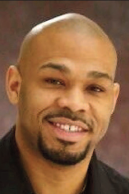

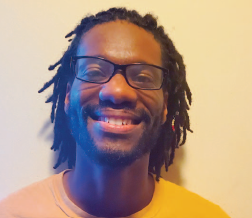
In the words of his friend and constituent, Phil Bradley, “Violence was put on trial.” And violence has been found guilty. “Our civilization will be purged and destroyed if we don’t get control of our violent attitudes,” Pastor Williams said. With the bill comes $38 billion in funding. $59 million will go toward developing mental health clinics in communities that need them most. As Representative Ford said, “You can have shootings on the West Side, mass shootings, and there is no response with mental and behavioral health support for those communities.”
The legislation will help fund organizations like Gordie’s Foundation in the Englewood neighborhood, which provides workforce development for ex-offenders. Audrey Wright started the foundation after her son, Gordie Wright, was killed in 1998.
Representative Ford agrees that mental health, behavioral health is a root cause of violence, and the State of Illinois should be using the resources that we have to treat it as an epidemic. Besides using the funding for sorely needed mental health care, Pastor Williams also envisions it being used to educate the community. “We have to educate people,” he says, “We have to tell people we have to work in collaboration.
Violence doesn’t discriminate. It doesn’t care about your socioeconomic status. We have to push for civility. And then we need to redirect our resources.” Pastor Williams also wants people to understand the meaning of structural violence. “We think of violence in terms of gun violence, we think of violence in terms of domestic violence, in terms of police brutality, but violence is a system – it’s the number one problem of the 21st century. It is a social disease that is plaguing the city, state, and nation. He said the church will start a citizenship class, which will address issues such as how do you engage the government?
“We have to listen to the science,” he states, reminding us that the CDC said that violence is a public health crisis. Violence is a pandemic. “The vaccine to deal with violence is legislation,” he says, “It’s legislation that moves the needle in America.”
Pastor Williams feels that the hearings were historic, that the bill is historic, and that the signing of the bill by Governor Pritzker is historic. “Not only are we the first state to declare that violence is a public health crisis, but this was a grassroots effort by citizens. It’s almost impossibility for citizens to pass legislation, but we did it and that’s what makes it so historic,” he says. “Never before has any group of citizens and lawmakers come together for a solution.” He adds, now that the Governor has signed this bill, we can begin as the State of Illinois to deal with this issue.”
Pastor Williams says that “People need to understand that there’s something wrong with the psyche of America right now. We have got to be a healthier nation. A healthier state. It’s a threat to all of our lives. It has nothing to do with race, color, gender – we’re all in this together.” Pastor Williams tells us that a lot of great people helped, a lot of millennials, including three young men who worked tirelessly to help make the bill a reality, and so he gives special thanks to Roger Burke, Andre Hogan, Marlon Watson, and William Samuel.
On June 30, Illinois House Bill 158 will become an official bill. Reverend Williams says his next step is to go to Washington D.C. on June 23. “On July 4th,” he says, “we are declaring our independence against violence.”
Reverend Williams says that his work is far from done. Now he’s on a new mission. To get President Biden to change his message and to sign an executive order making violence a public health crisis at the federal level.
